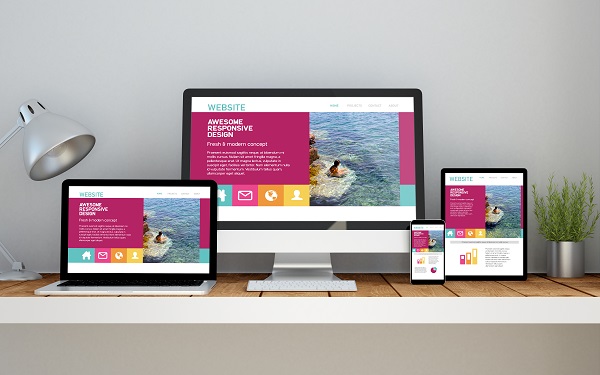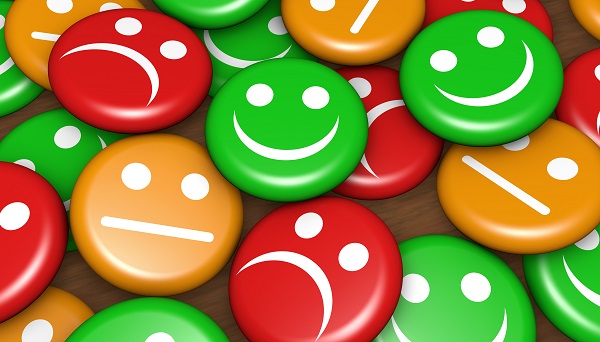Tax Will Hit Domestic Air Fares, Electricity
The government has announced details of its complex web of compromise carbon tax that will cost more over the next four years than it will reap in revenue.
The tax has been set at $23 a tonne. In 2013-14, the carbon price will rise to $24.15 a tonne and then to $24.50 in 2014-15 based on a 2.5% increase each year plus inflation.
However, the exclusion of fuel has reduced the number of companies liable to pay the tax.
Companies that will be excluded include fuel suppliers and distributors. Firms emitting synthetic greenhouse gases, such as the refrigeration and air conditioning industries, will also be excluded under a special arrangement.
Overall, only 0.02% of businesses will be directly liable to pay the carbon tax.
But travellers can expect to pay more for domestic airfares under the carbon tax, with the scheme now forcing Australia’s local carriers to compete on unequal terms with their foreign counterparts. The excise on aviation fuel for domestic use, which is set to increase under the tax, is expected to cost the airline industry more than $930 million over four years.
In the announcement yesterday, it was noted that the tax will add 6c a litre to aviation fuel, increasing to more than 10c by 2014-15. The excise will then increase every six months from July 2015. In an odd exception, international aviation fuel use was not subject to the fuel excise. This means that foreign carriers would not be subject to paying the tax.
New domestic fares and frequent flyer enhancements announced by Qantas in June came into force last week. The new fare structure sees the carrier’s four economy fares replaced by a three tier structure.
Both Qantas and Virgin Australia have confirmed the carriers would not be able to absorb the tax and would be forced to pass on the costs to consumers.
Bond University adjunct professor Damien Lockie said the tourism sector was the industry set to pay the highest price for the new tax with increased electricity prices that would hit hotels and similar businesses because of the amount of power they used and hotels would have to hike up room rates or absorb the cost.
Daniel Gschwind, CEO of the Queensland Tourism Industry Council, said the new tax meant the cost of doing business was going to go up and a big part of tourism’s market was going to be hit – the international visitor. Government compensation for consumers only works in the domestic market,” he said. “An industry like ours relies on the international market and we are becoming even less competitive.”
Mr Gschwind said the increase in the aviation fuel excise would mean international flights would become cheaper than flying domestically.
Warren Truss, shadow minister for infrastructure and transport said, “The near doubling of excise on aviation fuels from 1 July 2012 will inevitably lead to the end of many regional air services, which generally operate on lower margins. This will make it exponentially more expensive to travel within Australia, ironically making travel further afield to other countries cheaper while incurring a higher carbon footprint.
“This new tax will make domestic and international tourism in Australia less attractive.”
“Australians holidaying in Bali won’t pay the tax but those travelling to north Queensland will.”
“It’s another kick in the guts for our struggling tourism industry, which is already experiencing hard times.”
“Electricity prices will go up 10% in just one year thanks to the government’s carbon tax but it’s simply a reality that regional Australians already pay more for electricity. In regional NSW its 25% higher than Sydney, in regional Victoria 30% higher than Melbourne, regional Queensland 6% higher than Brisbane, regional South Australia 10% higher than Adelaide, regional WA 30% more than Perth and regional Tasmania 16% higher than Hobart.
“Regional businesses can expect significantly higher electricity bills.”
In some relief to the industry, the competition regulator has indicated it will oppose Airservices Australia’s plan to charge airlines more so that it can cover a large increase in spending on air traffic control and firefighting at airports.
The Australian Competition and Consumer Commission said Airservices’ proposed increases in charges would allow it to ”over-recover” costs by $101 million – or 2%- over the next five years.
The planned increases of between 5 and 12.5% a year were due to begin on 1 July.

AccomNews is not affiliated with any government agency, body or political party. We are an independently owned, family-operated magazine.




